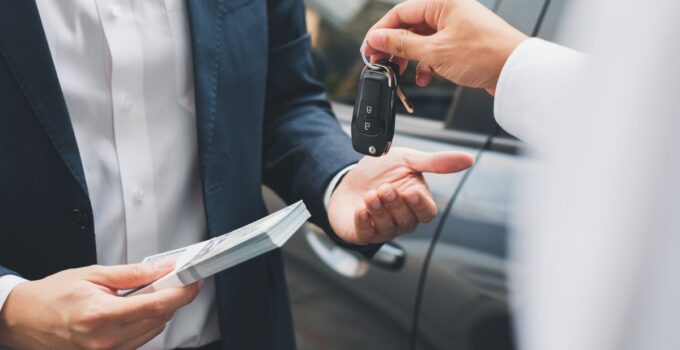Deciding between leasing and buying a car involves more than just comparing monthly payments. There are numerous hidden costs that can tip the scales in one direction or the other. Here are 19 points to consider when weighing the hidden costs of leasing versus buying a car.
1. Depreciation

Image Credit: Shutterstock / Prostock-studio
When you buy a car, you bear the brunt of its depreciation. A new car loses about 20% of its value in the first year. In contrast, leasing means you only pay for the car’s depreciation during the lease term, but you never own the asset.
2. Monthly Payments
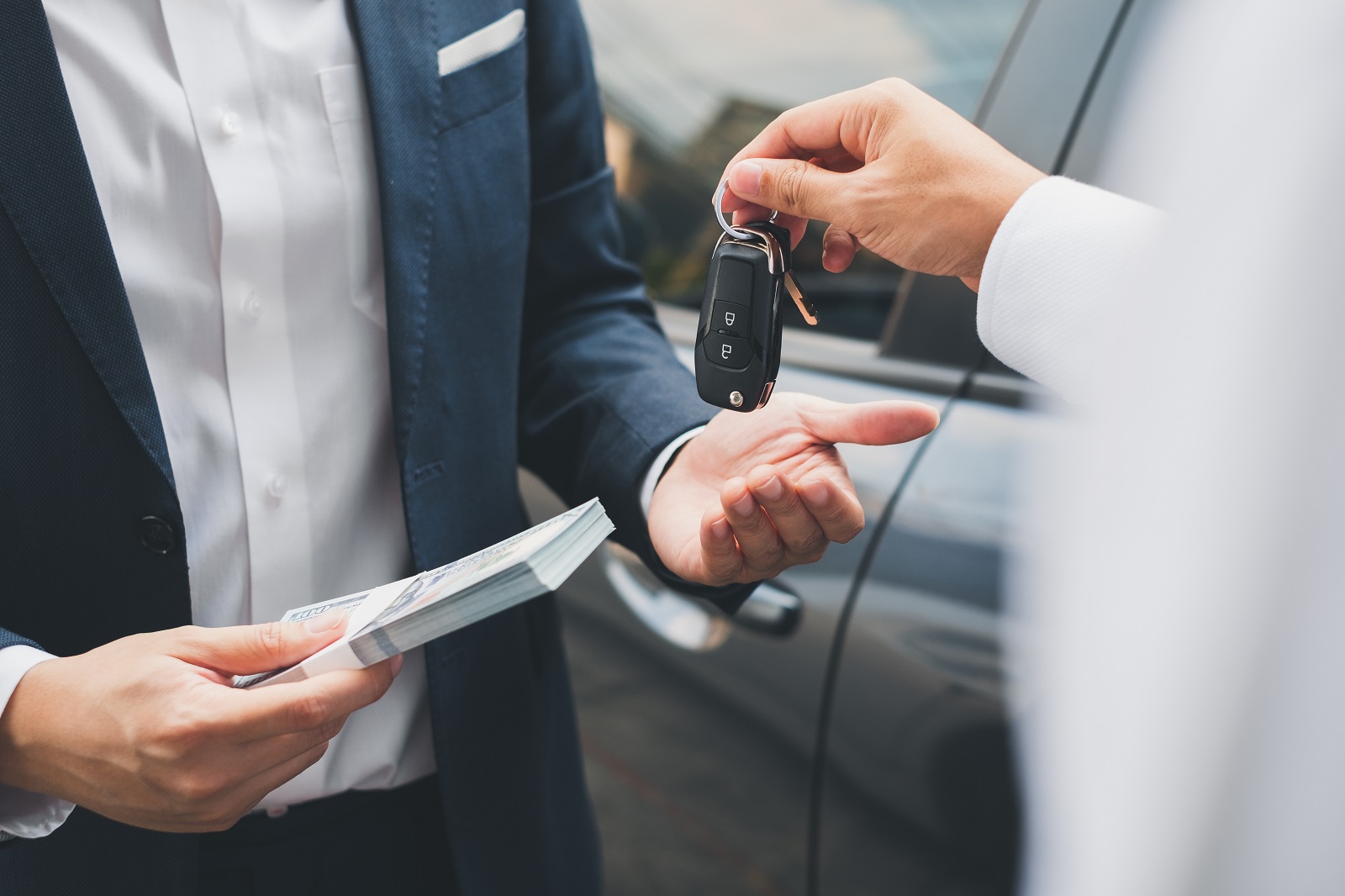
Featured Image Credit: Shutterstock / Nattakorn_Maneerat
Leasing usually comes with lower monthly payments compared to buying. However, these payments only cover the period you use the car, not the vehicle’s full value. Buying involves higher monthly payments but results in ownership.
3. Down Payment
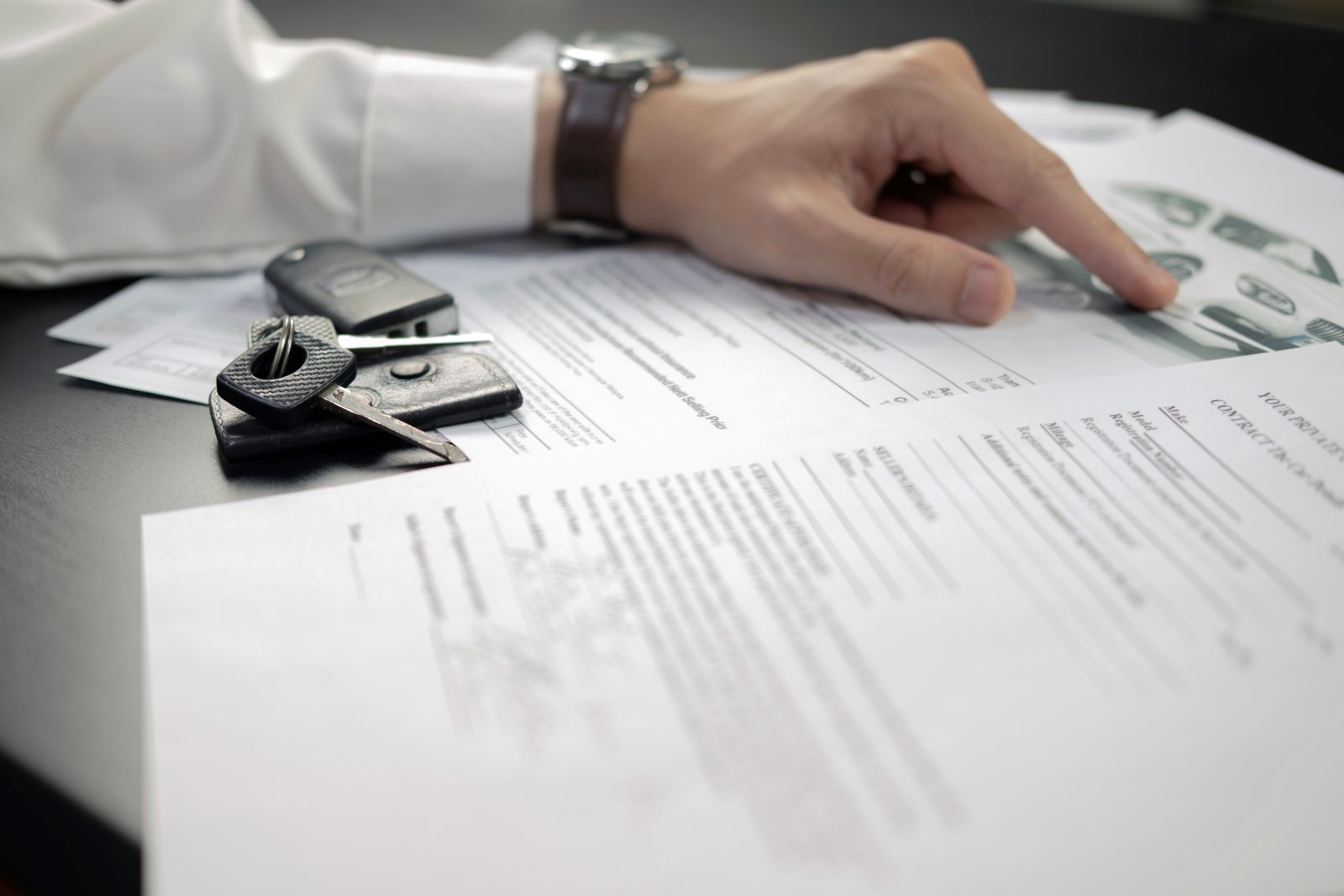
Image Credit: Shutterstock / Jokiewalker
Leases often require a lower down payment than purchases. A typical lease might ask for a few thousand dollars upfront, while buying might require a larger down payment to avoid high-interest rates or secure a loan.
4. Mileage Limits
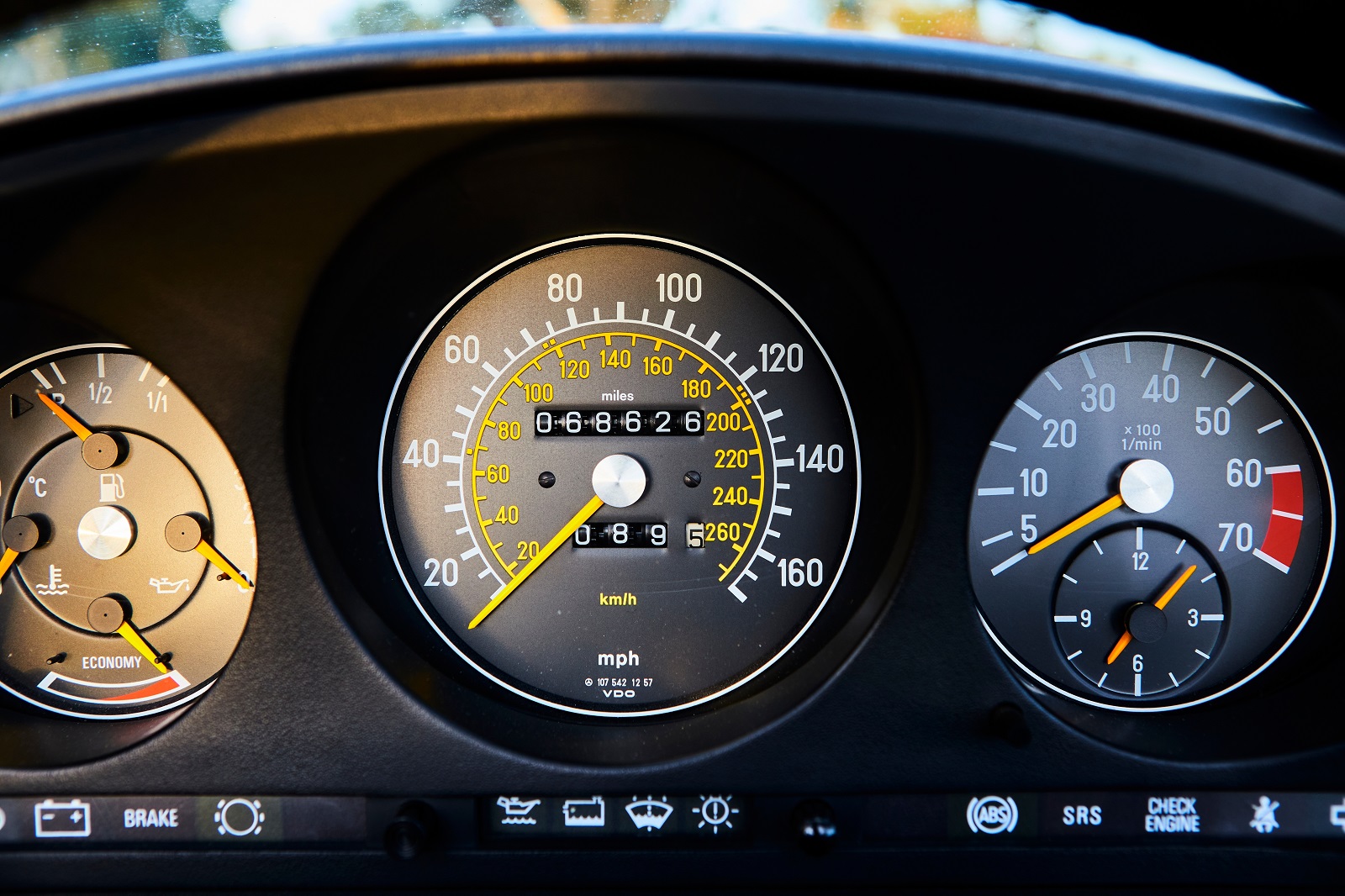
Image Credit: Shutterstock / david olivera
Leases come with strict mileage limits, typically 10,000 to 15,000 miles per year. Exceeding these limits can result in hefty fees. Owning a car allows unlimited mileage without penalties.
5. Maintenance Costs

Image Credit: Shutterstock / thanmano
Maintenance costs can be lower for leased cars, as they are usually covered by the manufacturer’s warranty during the lease term. When you buy a car, maintenance and repairs fall entirely on you once the warranty expires.
6. Wear and Tear Fees

Image Credit: Shutterstock / Supavadee butradee
Leased cars must be returned in good condition. Excessive wear and tear can result in additional fees. Buying a car means you don’t have to worry about such penalties.
7. Customization

Image Credit: Shutterstock / Brandon Woyshnis
Leasing restricts your ability to customize your vehicle. Any modifications must be removed before returning the car, potentially incurring costs. Buying a car allows you to customize as you please.
8. End-of-Lease Costs

Image Credit: Shutterstock / Aleksandar Malivuk
At the end of a lease, you may face extra costs such as disposition fees, which cover the dealership’s cost to prepare the car for resale. Buying a car doesn’t involve such fees.
9. Early Termination Fees

Image Credit: Shutterstock / fizkes
Breaking a lease early can be very expensive. You may be required to pay the remaining lease payments plus an early termination fee. Selling a car you own can still incur losses, but you have more control over the process.
10. Insurance Costs
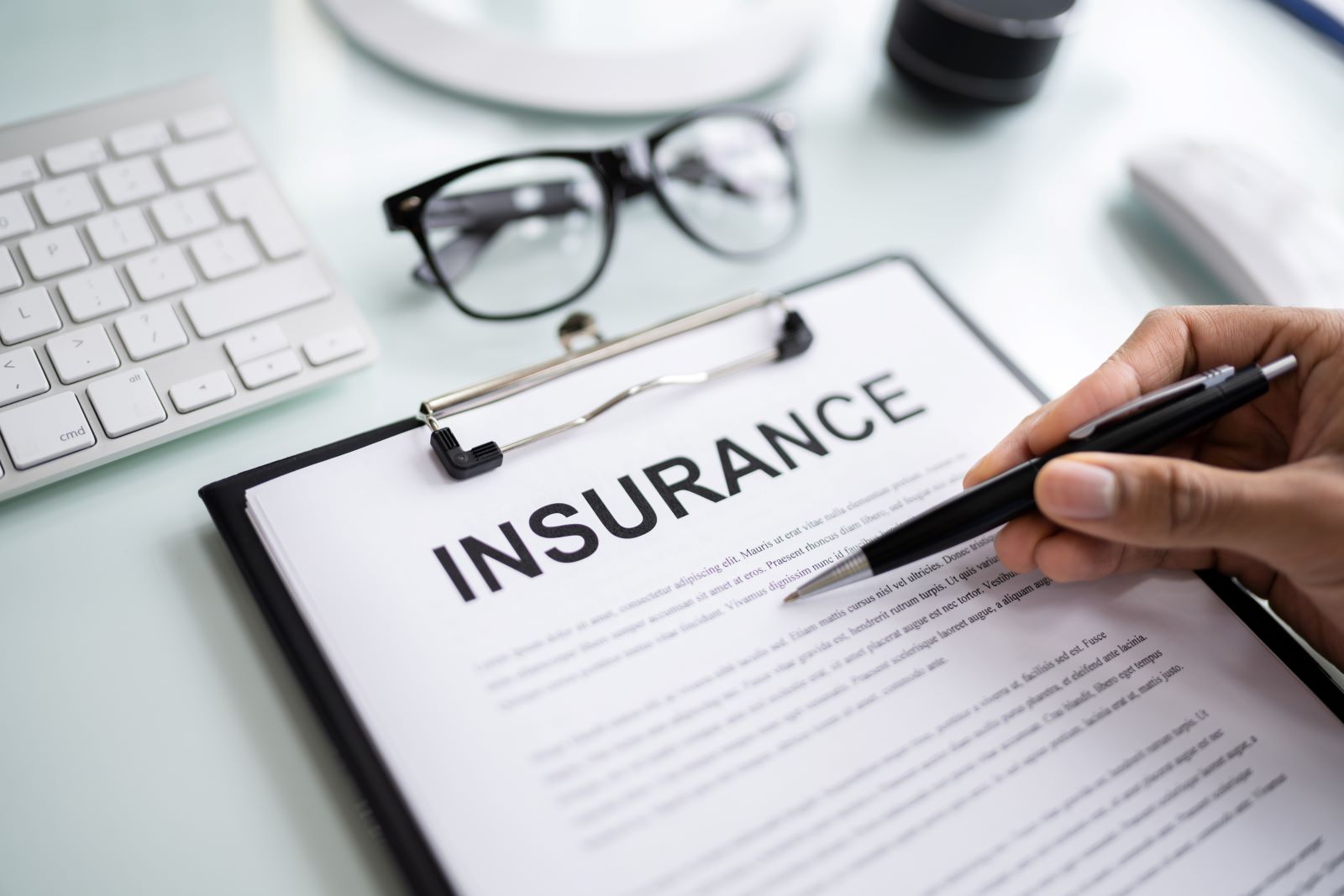
Image Credit: Shutterstock / Andrey_Popov
Leasing often requires higher insurance coverage, including gap insurance, which covers the difference between the car’s value and the amount owed on the lease. Buying a car allows more flexibility in choosing insurance coverage.
11. Equity

Image Credit: Shutterstock / Yulai Studio
When you buy a car, you build equity with each payment, eventually owning the vehicle outright. Leasing provides no equity; you must return the car at the end of the lease term.
12. Sales Tax
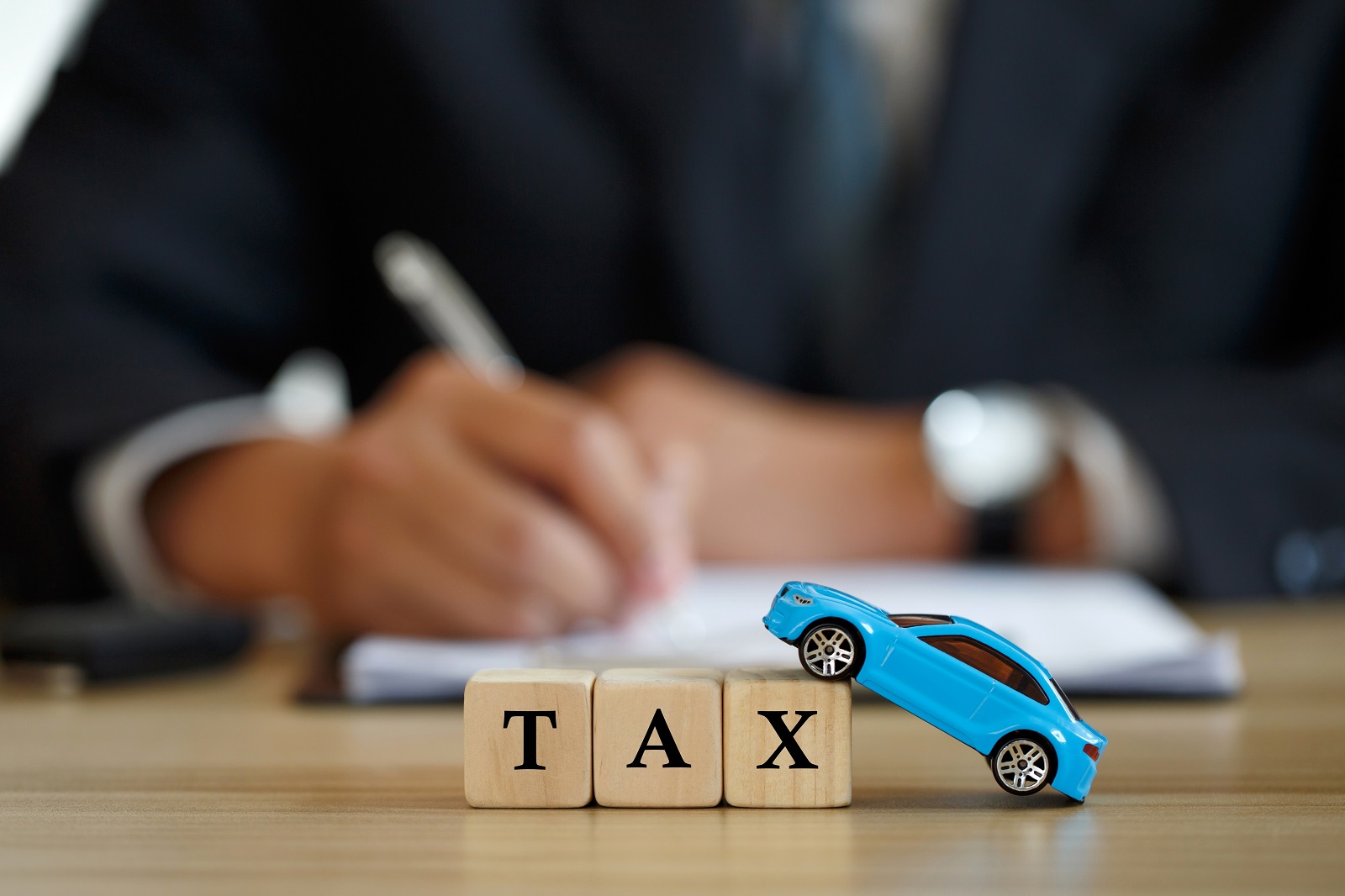
Image Credit: Shutterstock / chayanuphol
Leasing can offer lower sales tax compared to buying, as you typically only pay tax on the lease payments rather than the entire vehicle price. However, this varies by state and can impact overall cost.
13. Financing Charges
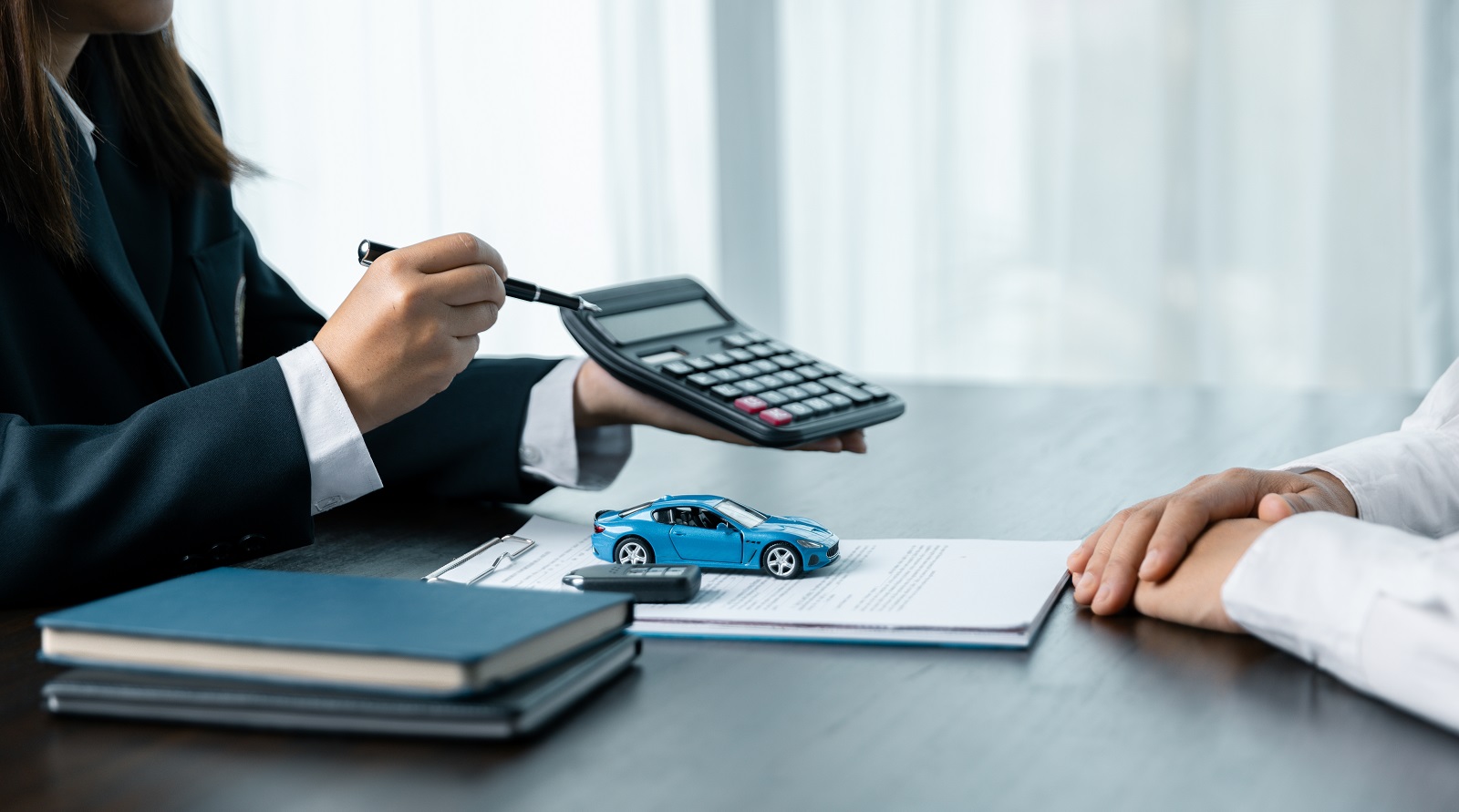
Image Credit: Shutterstock / jd8
Leases include money factor charges, which are akin to interest on a loan. These can add up over time. Buying a car with a loan involves interest charges, but these can be negotiated or avoided with cash purchases.
14. Residual Value Risk

Image Credit: Shutterstock / UfaBizPhoto
Leasing transfers the risk of the car’s future value to the leasing company. When you buy a car, you bear the risk of its depreciation and potential lower resale value.
15. Flexibility

Image Credit: Shutterstock / Studio Romantic
Leasing offers less flexibility in terms of vehicle ownership. If your needs change, you’re locked into the lease terms. Buying a car offers the flexibility to sell or trade in the vehicle at any time.
16. Long-Term Costs

Image Credit: Shutterstock / PanuShot
Over the long term, leasing can be more expensive if you continually lease new vehicles. Buying a car and keeping it for many years is often more cost-effective.
17. Opportunity Cost
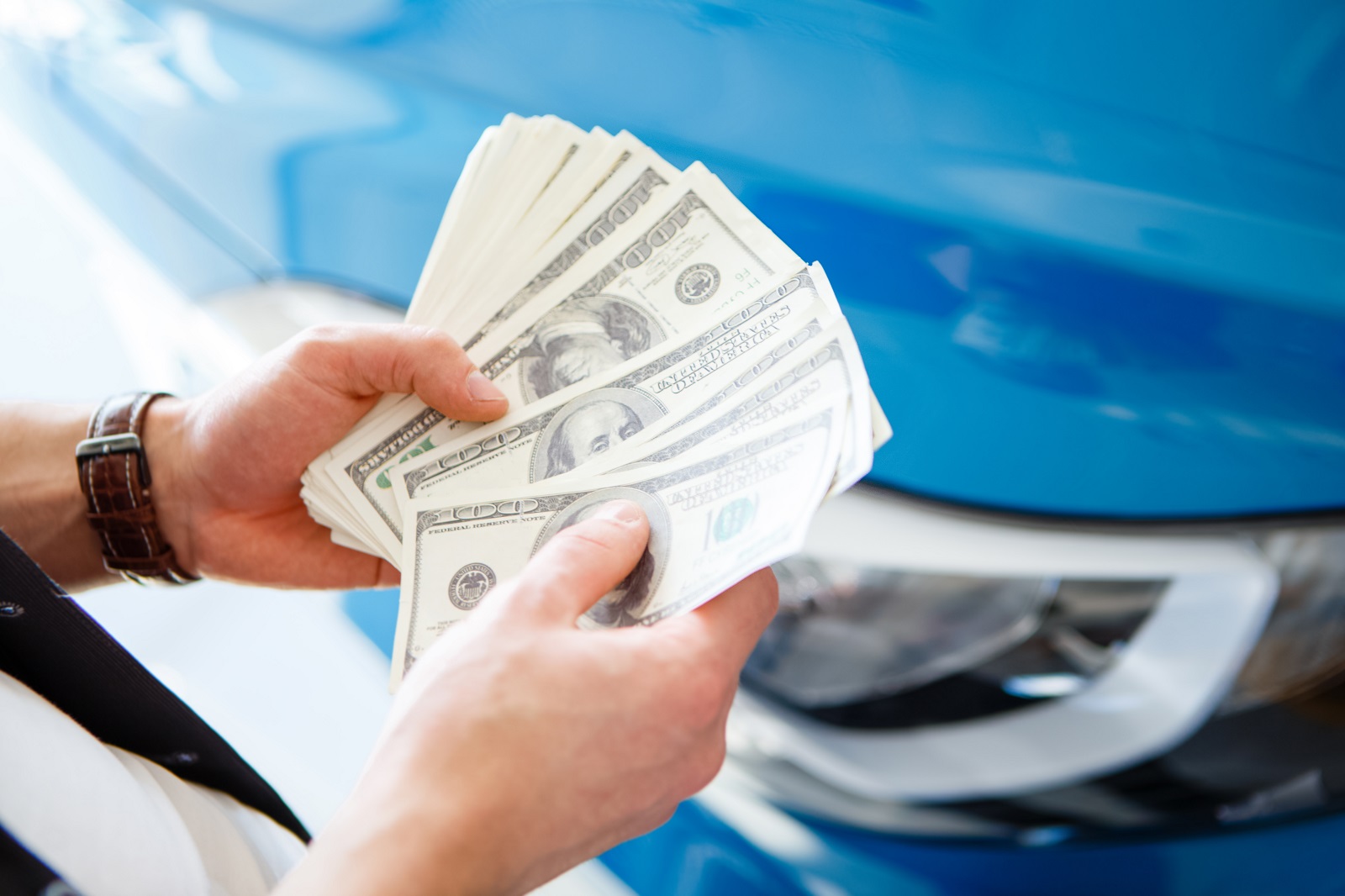
Image Credit: Shutterstock / Roman Seliutin
The money tied up in a car purchase could be invested elsewhere, potentially yielding higher returns. Leasing frees up capital, allowing you to invest it or use it for other financial goals.
18. Residual Value Negotiation

Image Credit: Shutterstock /
Dusan Petkovic
At the end of a lease, you might have the option to buy the car at its residual value. This can sometimes be a good deal if the residual value is lower than the car’s market value. When buying, you control the timing of your car’s resale, potentially getting a better return.
19. Peace of Mind

Image Credit: Shutterstock / F8 studio
Leasing can provide peace of mind with predictable costs and the ability to drive a new car every few years. Buying offers the peace of mind of ownership and the freedom from ongoing lease terms and restrictions.
Weighing the Costs

Image Credit: Shutterstock / ViDI Studio
Leasing and buying both have their hidden costs that can significantly impact your finances. Understanding these hidden costs helps you make an informed decision that suits your lifestyle and financial goals. Whether you prioritize lower monthly payments and the latest models with leasing or long-term savings and ownership with buying, the key is to evaluate all these factors carefully.
2024’s Most Anticipated Car Releases: What’s Coming Soon

Image Credit: Shutterstock / canadianPhotographer56
If you love cars, 2024 is shaping up to be an exciting year. New models are rolling out with more power, better tech, and some fresh designs that could change the game. Here’s the scoop on the top cars hitting the streets soon. 2024’s Most Anticipated Car Releases: What’s Coming Soon
21 Mods That Make Your Car Illegal
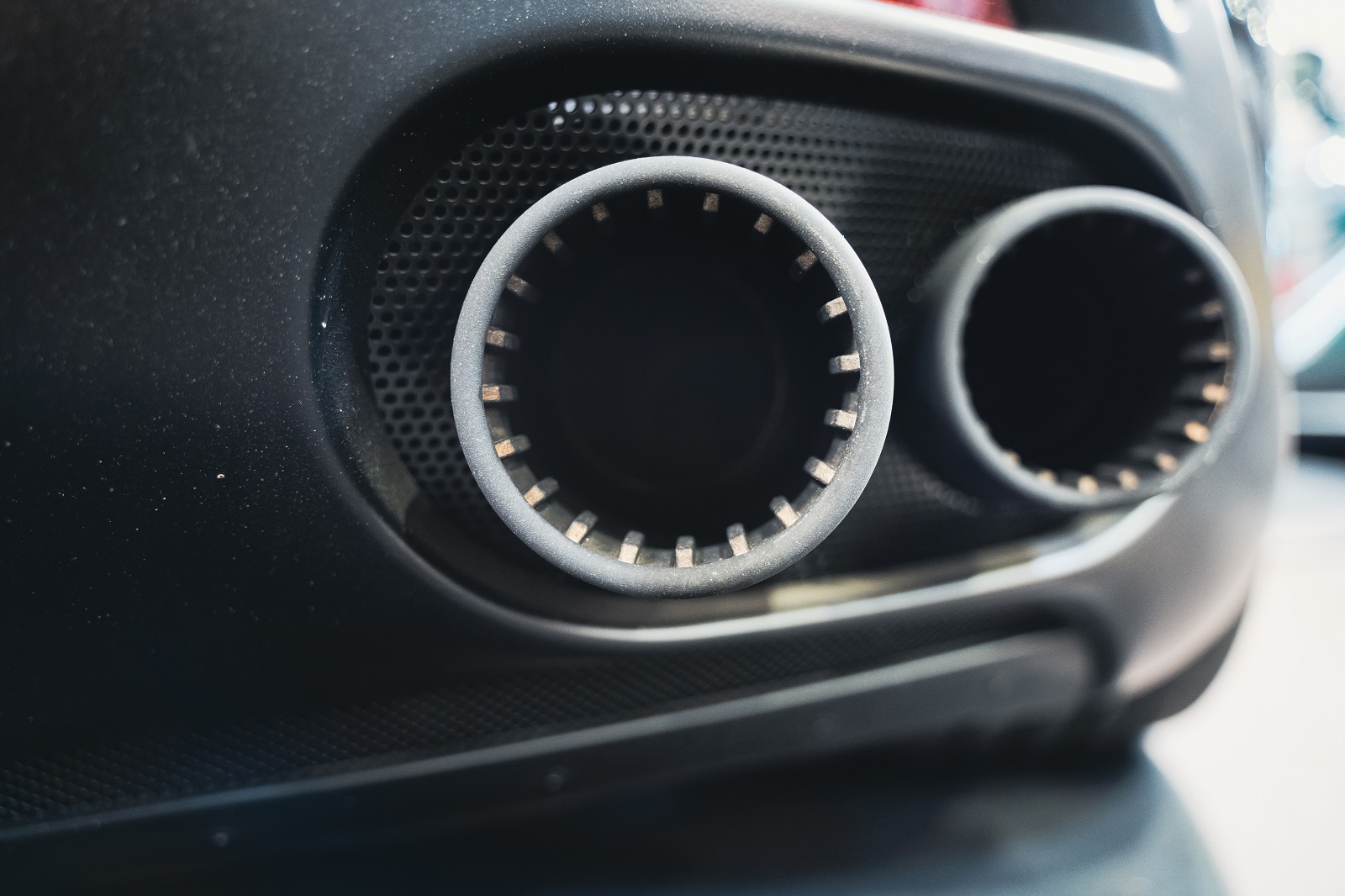
Image Credit: Shutterstock / macondo
Car modifications can enhance style and performance, but not all modifications are legal. Here are 21 illegal car modifications that can get you in trouble with the law across various states. 21 Mods That Make Your Car Illegal
10 American Classic Cars That Define a Generation
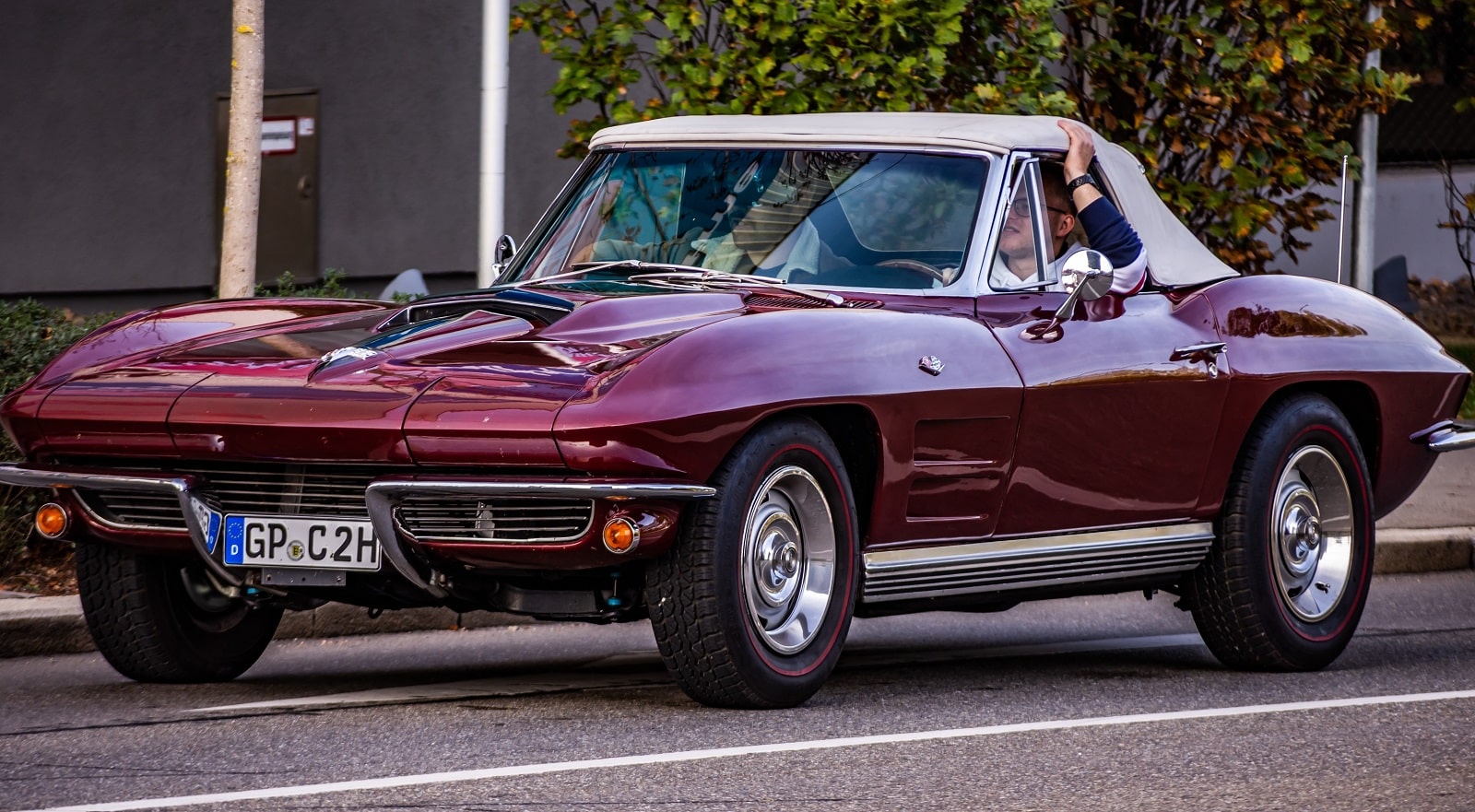
Image Credit: Shutterstock / Krisz12Photo
American classic cars are symbols of their eras, each telling a story of its time and capturing the essence of car culture. Here are ten classics that defined generations. 10 American Classic Cars That Define a Generation
Featured Image Credit: Shutterstock / Nattakorn_Maneerat.
For transparency, this content was partly developed with AI assistance and carefully curated by an experienced editor to be informative and ensure accuracy.
